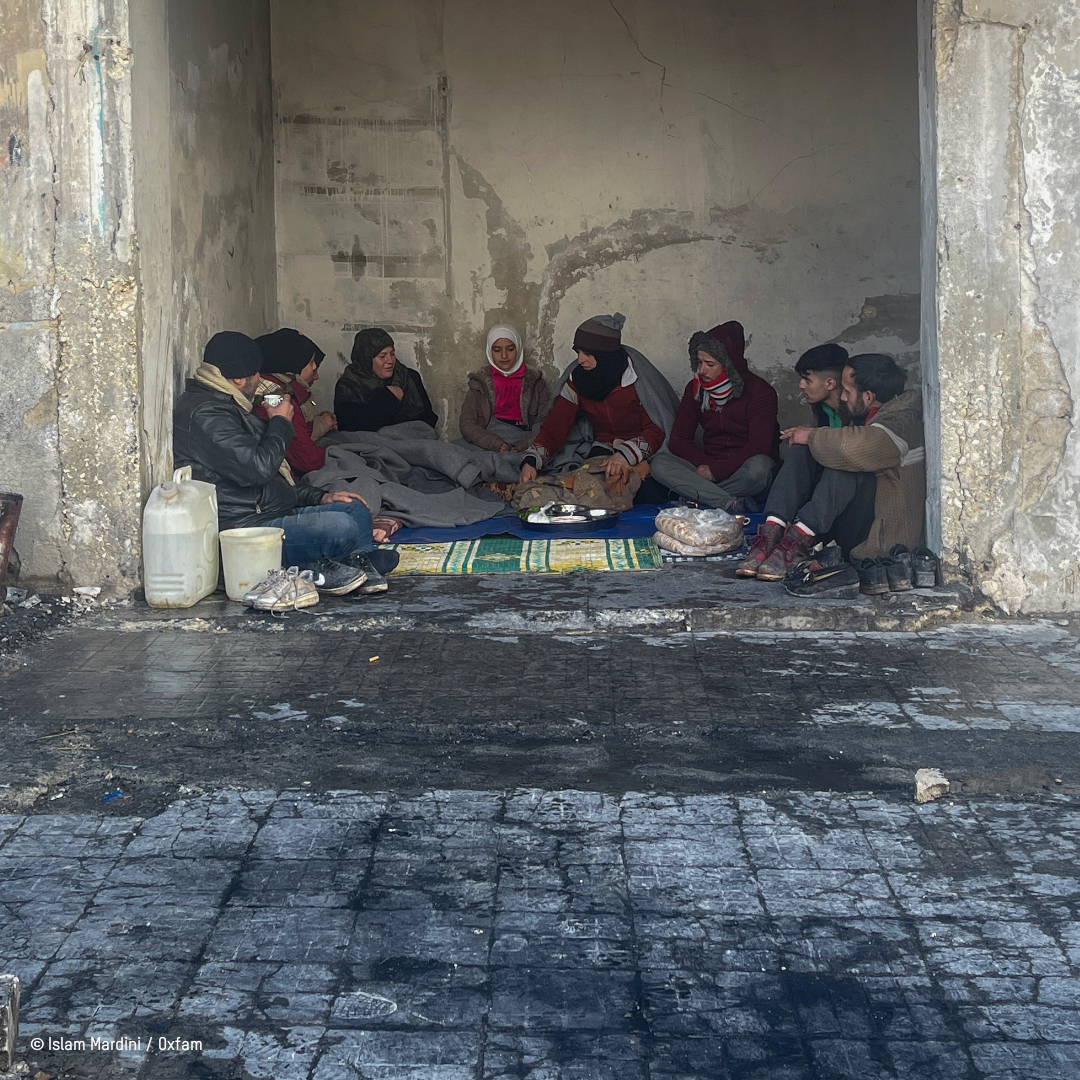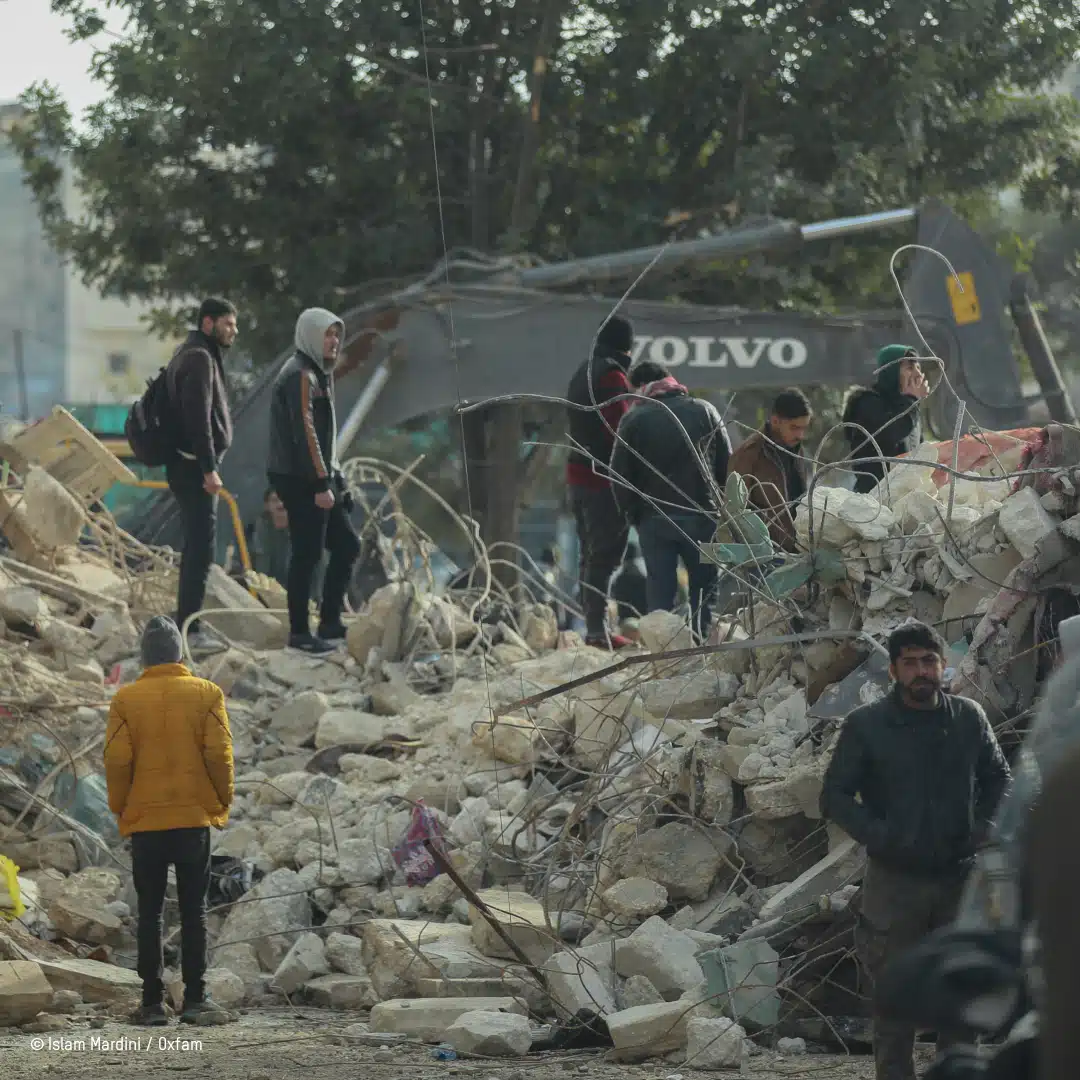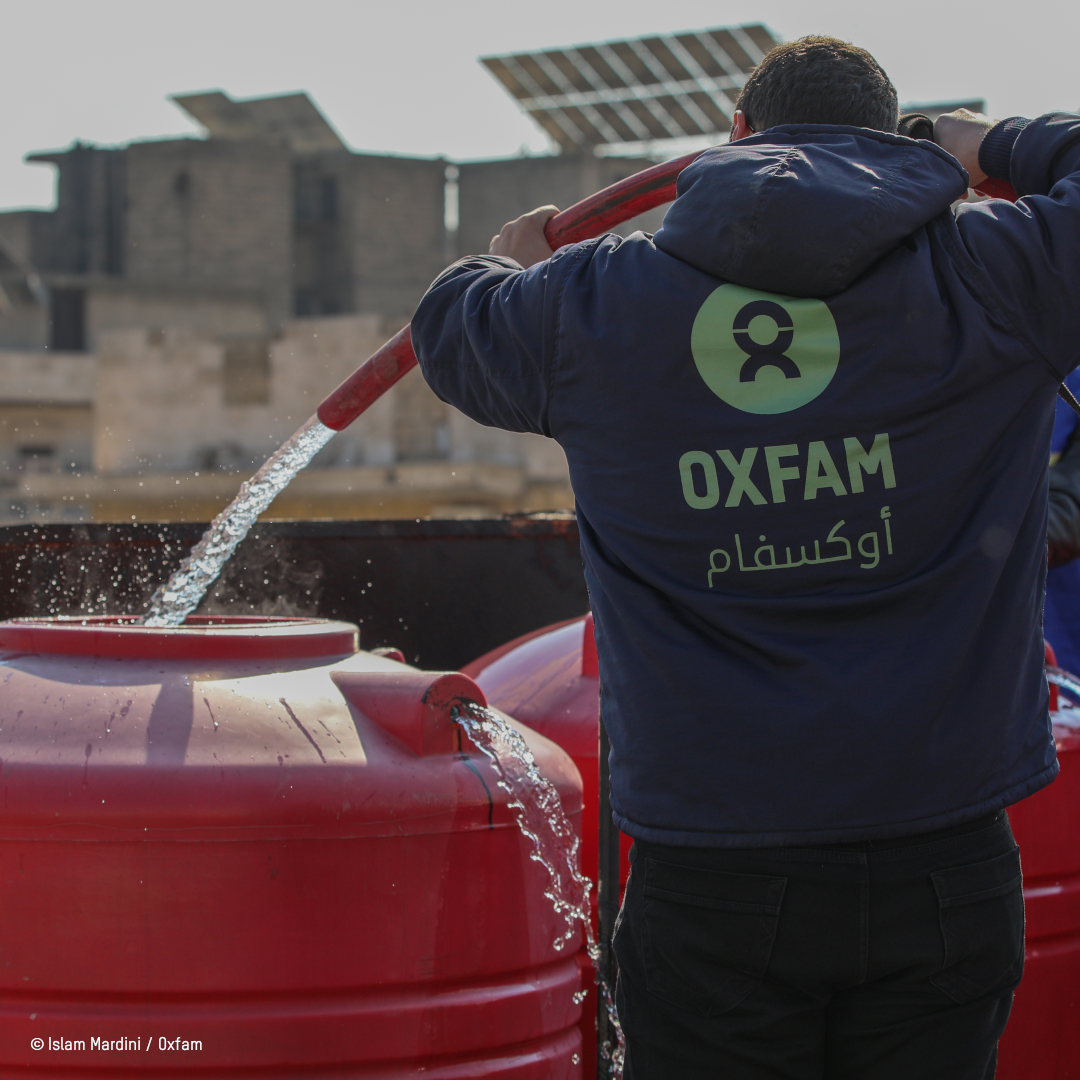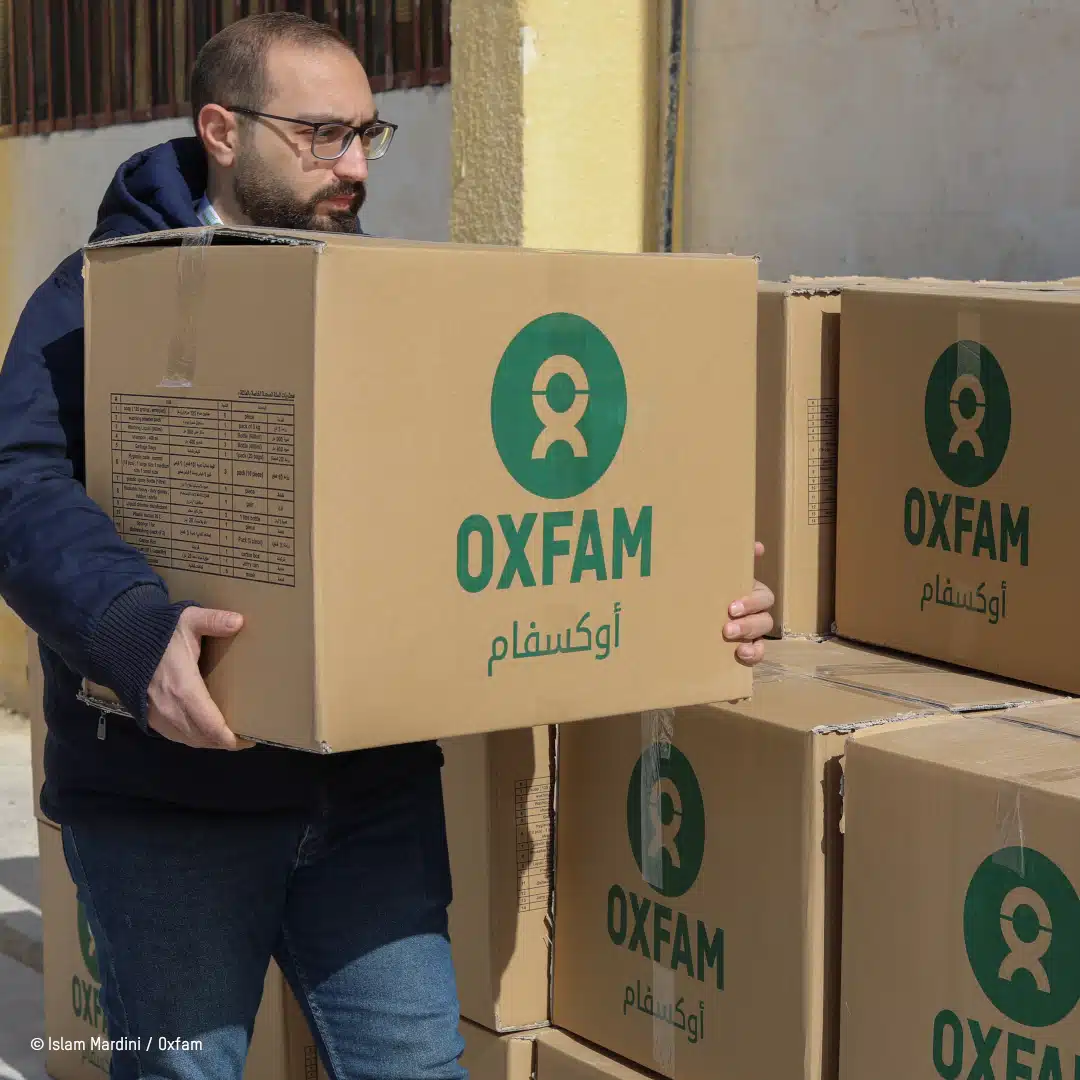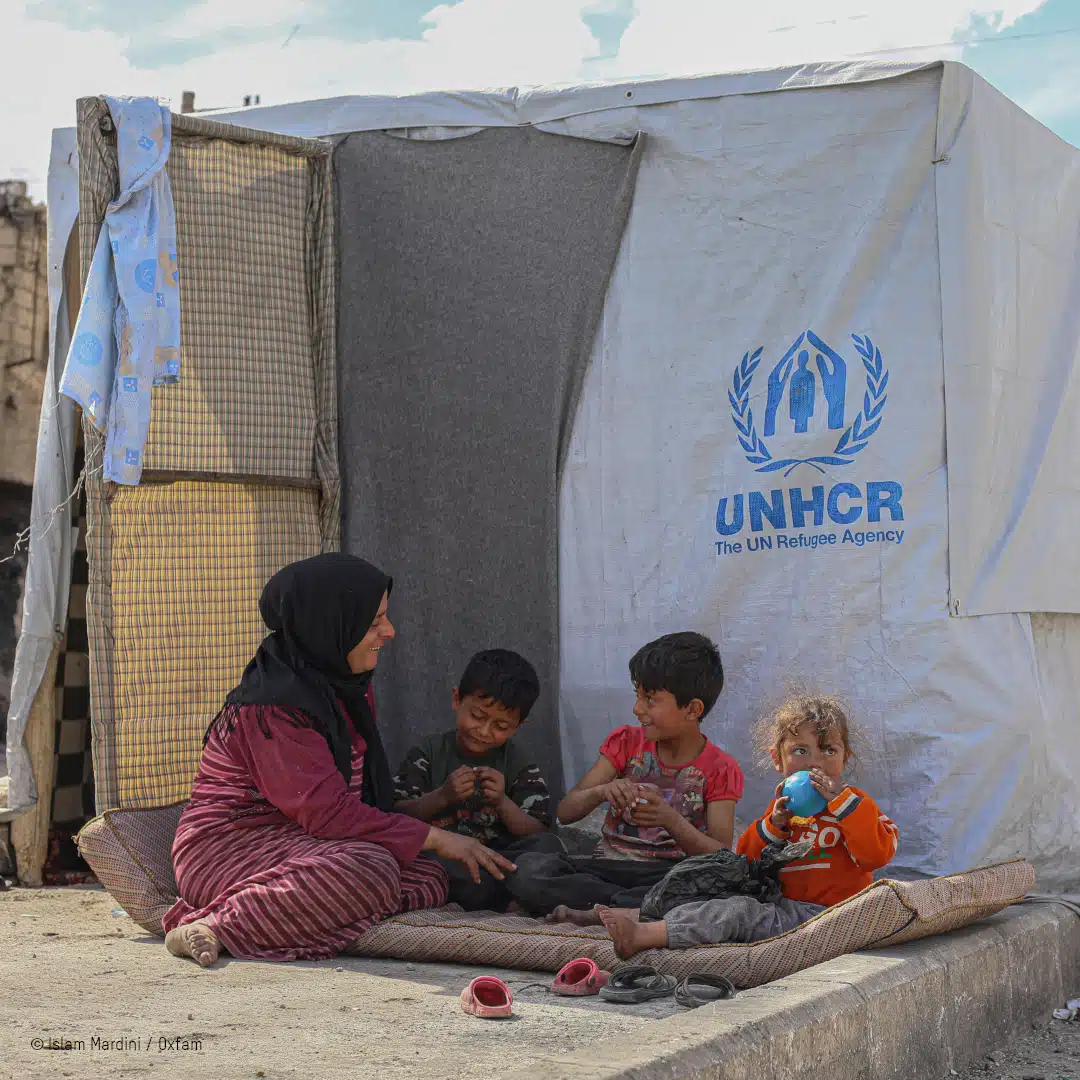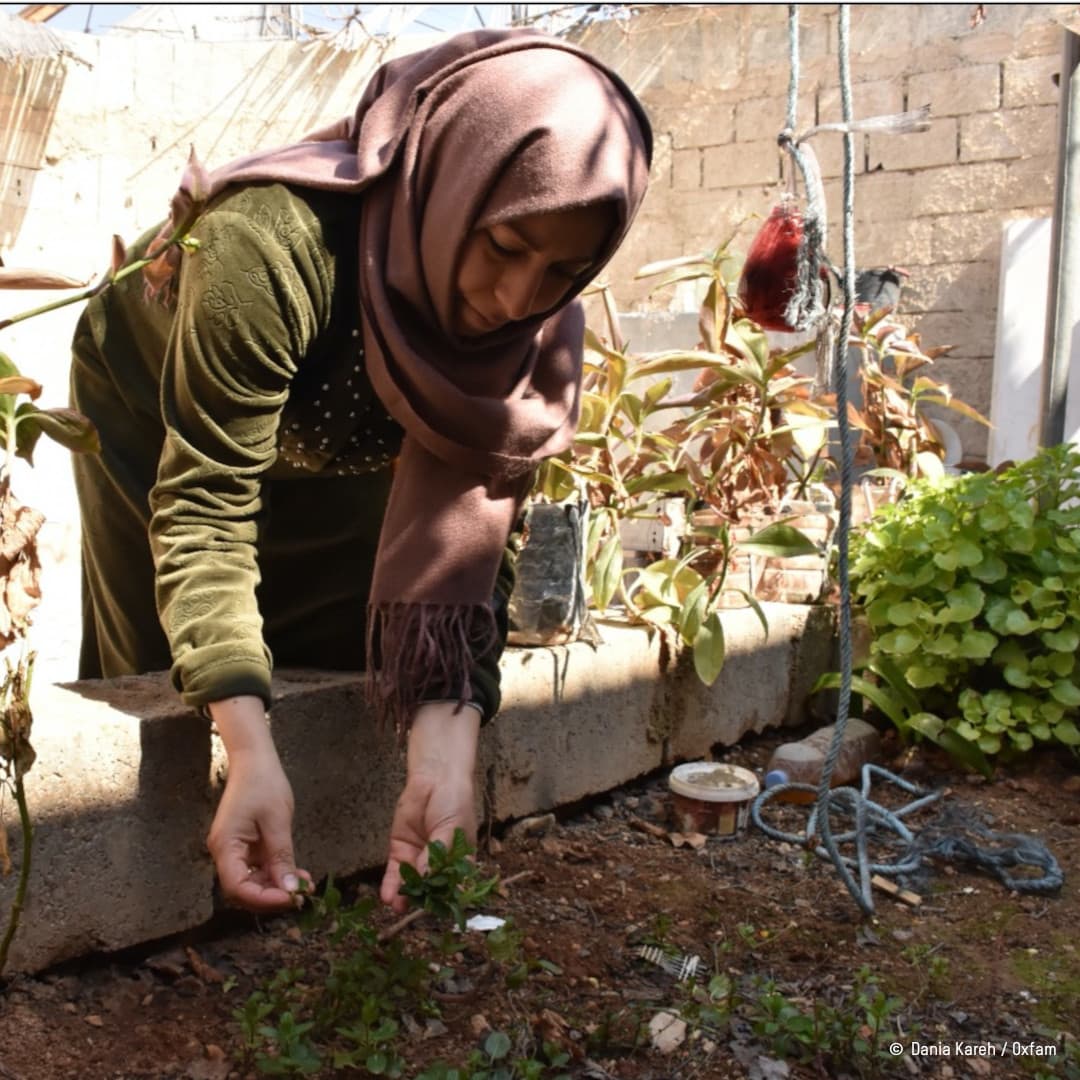SYRIA: surviving years of conflict
Team up with us, to offer vital help to people affected by disasters and conflicts around the world!
$250
$65
$25
Other amount
Donate now
Syria is facing 12 years of war. For many, it’s a struggle to survive. The conflict has led to escalating violence, growing economic instability and a lack of basic services, such as healthcare. Added to this are the disastrous effects of recent earthquakes, against a backdrop of winter and cholera epidemics.
More than 6.7 million displaced persons have fled their homes to another location in Syria
➧ United Nations (2023)
Donate now
Humanitarian situation worsens in Syria
The people of Syria are facing incredible challenges. The country is experiencing the largest refugee and displaced persons crisis of our time.
This difficult situation is exacerbated by a number of factors, including:
- large-scale military operations in the north-east
- massive population displacements in the north-west
- Israeli air strikes
- economic sanctions and the Lebanese financial crisis
- the cholera epidemic
- effects of the recent earthquakes in Turkey
Donate now
“People told us that the earthquake had pushed them to the brink. For almost all the families we spoke to, it was at least the second time they had been forced to leave their homes since the start of the conflict. Nearly half of them now spend most of their income on food, leaving very little to cover their other basic needs.”
An inadequate humanitarian response
According to the World Food Program, the average income in Syria barely covers a quarter of a family’s food needs. This is all the more dramatic given that 94% of households have at least one wage-earner. More than half the Syrian population is food insecure. And if aid does not increase, nearly 3 million people could go hungry.
Essential basic services are also largely lacking. Access to drinking water, sanitation, electricity, healthcare and education is very limited. According to the United Nations, 75% of families have less than 8 hours of electricity a day, and 52% rely on unsafe alternatives to running water. What’s more, 90% of the Syrian population lives below the poverty line.
Donate now
Oxfam-Québec supports Syrian populations
In addition to the emergency aid provided by the Oxfam network, Oxfam-Québec is maintaining its support in Syria thanks to funding from Global Affairs Canada. Our teams are working in the south of the country, in the governorate of Deraa and in rural areas around Damascus.
This project, which began in February 2020, aims to supply around 10,000 families with drinking water. Our actions include:
Rehabilitate damaged sewer and drainage systems
Restore the aqueduct network (artesian well, pumps, water tower and distribution network).
Install latrines and sanitation systems
Providing an alternative source of electricity
Promote good hygiene practices and distribute waste bins
Distributing food to affected communities
Women struggle to survive in Syria
Twelve years after the start of the conflict, Syrian women are still concentrating on their survival and that of their families. People are either stranded or sinking deeper into poverty. Like so many Syrian women Oxfam works with, the question of whether they will be able to feed their families is a daily concern.
Do something concrete right now
$25
I offer a water filter
for an entire family
$65
I offer meals to a family for a week
$250
I’m giving away 10 survival kits to communities
If Oxfam-Quebec is unable to direct a donation to the designated project or cause, it can be redirected to a project or cause that most closely matches it, while trying to maintain the donor’s philanthropic objective.
To go further
Discovering countries with humanitarian needs
See our sustainable projects worldwide
Donate to support our projects

